
Read or listen offline
Recommendation
Scientists and journalists alike often assume that parents who refuse to vaccinate their children are, at best, uninformed, or, at worst, willfully negligent. But what if there were another side to this story? In this groundbreaking essay, science journalist Maggie Koerth-Baker goes in search of a new, philosophically-based narrative to explain why parents – especially the well-off, and well-educated – reject mandatory vaccination for their children. getAbstract recommends her article to everyone working in public health and to the parents of young children.
Take-Aways
About the Author
Maggie Koerth-Baker writes the monthly column Eureka for The New York Times Magazine. Her most recent book is Before the Lights Go Out: Conquering the Energy Crisis Before It Conquers Us.









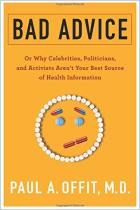
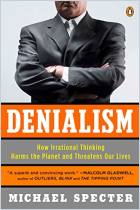
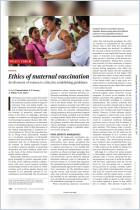

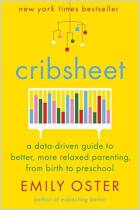
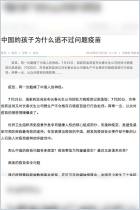

Comment on this summary or 开始讨论